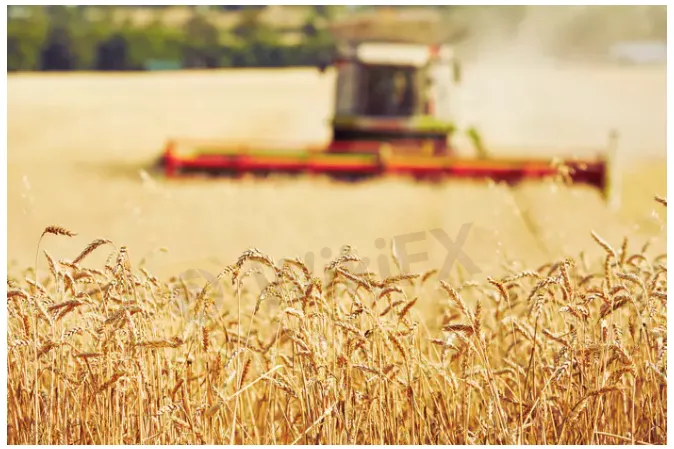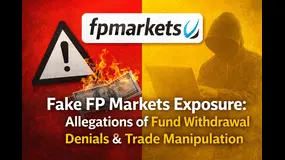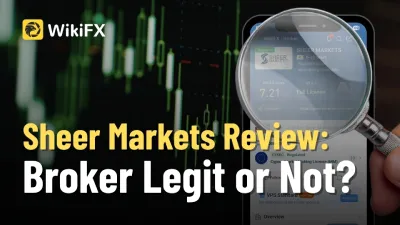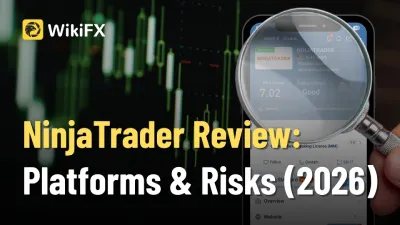Abstract:Rising food prices due to Russias war in Ukraine may have long-lasting economic, fiscal, and social consequences for many African countries, exacerbating structural challenges for governments still burdened with the cost of the Covid pandemic.

Food prices have skyrocketed following Russia‘s further invasion of Ukraine, with the war and sanctions disrupting agriculture in the two countries, which are among the world’s largest exporters of wheat. African countries are particularly exposed as Russia and Ukraine account for around 40% of Africas total wheat imports (Figure 1), with few alternative suppliers able to substitute such quantities quickly.
Not only is the near-term disruption of agriculture from international sanctions on Russia and retaliation from Vladimir Putin‘s government a source of concern, but there is uncertainty around how long sanctions will remain in place. As for the Ukraine, the war may result in long-run damage to the country’s capacity to grow and export wheat. African countries will likely have to diversify sources of supply and reorganise trade relations, pushing up transaction costs even as grain prices rise as countries compete for more limited supply.

Egypt, DRC especially at risk; Côte dIvoire, Angola much less exposed
Based on their share of wheat imports from Russia and Ukraine, countries such as Egypt (80% of total) and Democratic Republic of the Congo (60%) are particularly at risk, whereas Côte dIvoire (20%) and Angola (10%) are much less exposed to disruption of food supply (Figure 2). Countries that have accumulated stocks representing a higher share of yearly consumption are as well less vulnerable.
Such readjustment requires time, forcing African countries to draw down existing stocks in the short run. Wheat carryover stocks stood at around 280m tons, according to the International Grains Council, which is more than one third of yearly aggregate production. Yet, stocks are held by a few countries, among which are China (50% of total), India (10%) and the United States (6%), according to the US Department of Agriculture.
We expect most African countries reliant on Russian and Ukrainian imports to subsidise households and businesses facing higher food and energy prices, weighing on public finances already weakened by the Covid-19 crisis. Higher current expenditure could come at expense of investment spending, hampering countries progress in the diversification towards higher value-added production.
Figure 2. Africa, wheat suppliers: unequal vulnerability to disruptions
Wheat imports from Russia and Ukraine (%); level of stocks compared with domestic consumption (%)

Higher commodity prices also constitute an important social risk for African nations
Beyond the economic and fiscal costs, higher commodity prices also constitute an important social risk for African countries and exacerbate already high levels of food insecurity and hunger. More than 50% of Africas people do not know where their next meal is coming from, a trend worsening over recent years.
Rapidly rising prices of essential goods, worsening hunger and threat of widespread famine could result in greater political and institutional instability in the region, especially in view of more than 15 national elections scheduled across the continent in 2022, according to the Institute for Security Studies. Burkina Faso, the Democratic Republic of the Congo and South Sudan have recently faced or face famine or situations close to famine, according to the UN.
Short-run pressure due to the war in Ukraine come on top of long-run challenges related to limited capacity to raise local agricultural output. Under this context, food scarcity and its economic, fiscal and social implications could become an even more important credit challenge concerning African countries.
For this reason, financial assistance from international financial institutions, potentially through emergency funding, may be needed to cushion the blow. The African Development Bank recently announced a USD 1bn plan to relieve consequences of higher wheat prices, while the EU has signalled an intent to reassess its Africa strategy. The IMF is reportedly under discussion with Egypt, the worlds largest wheat importer, on possible financing sources.
For a look at all of todays economic events, check out our economic calendar.
Thomas Gillet is an Associate Director in Sovereign and Public Sector ratings at Scope Ratings GmbH. Thibault Vasse, Senior Analyst at Scope Ratings, contributed to writing this commentary.












